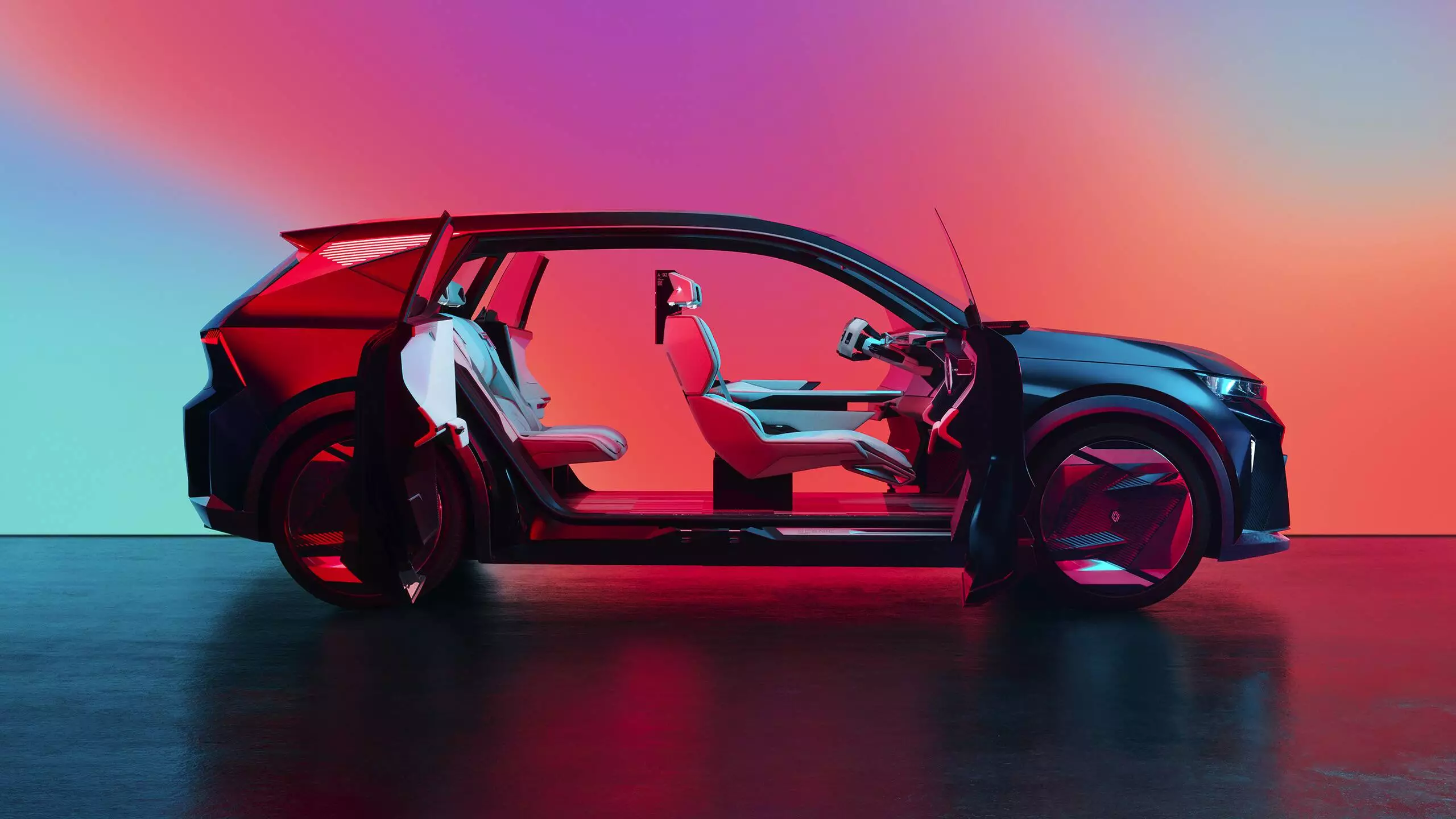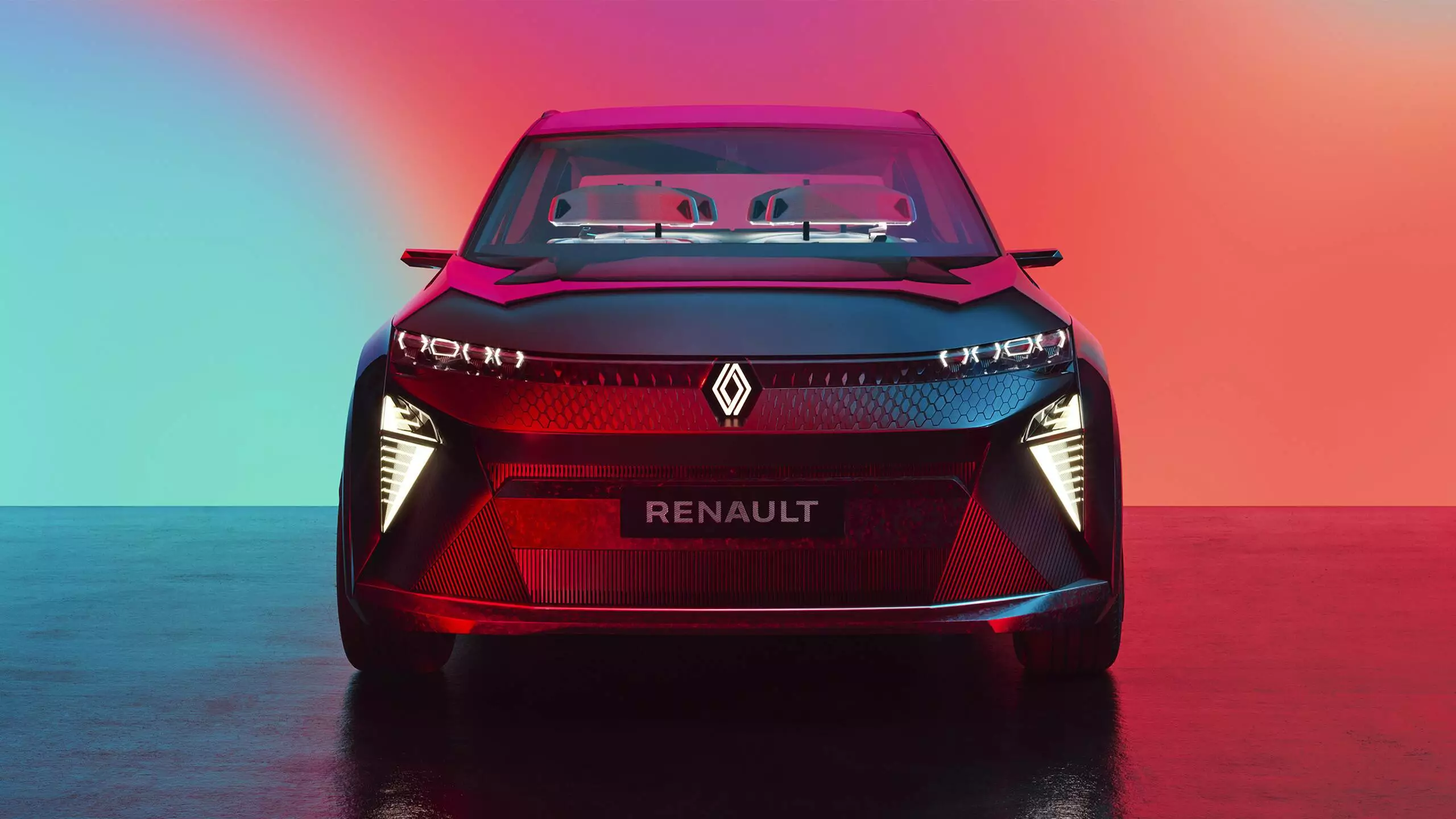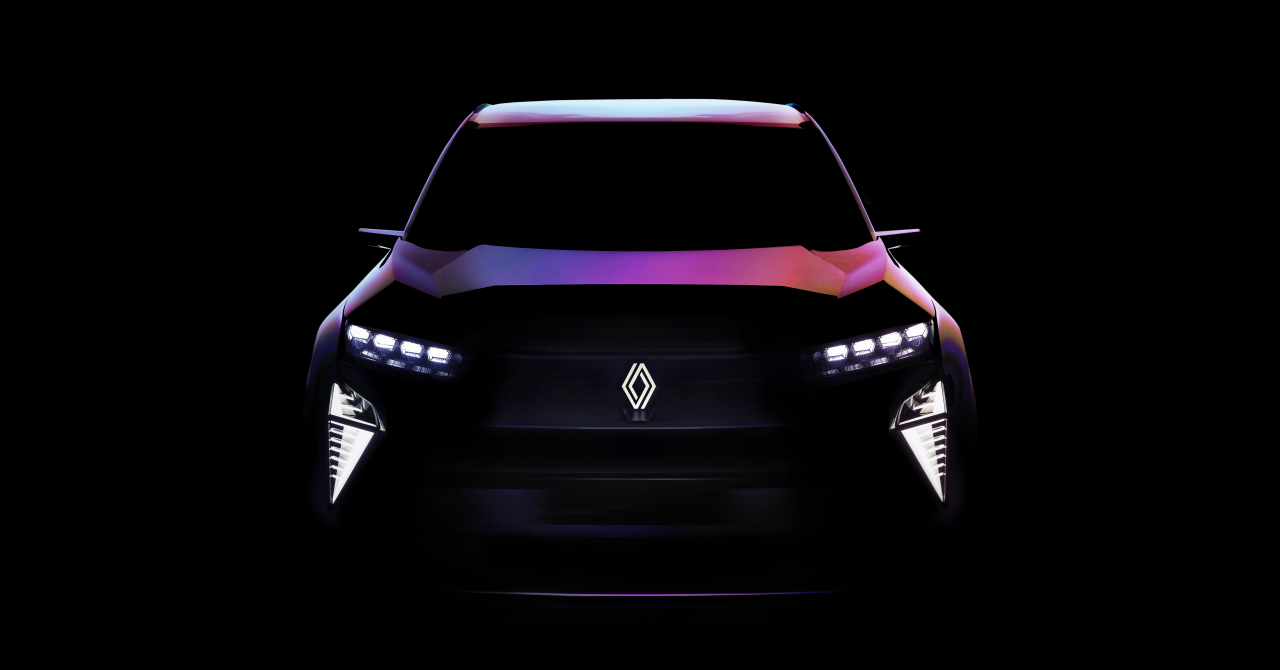According to CNBC, Renault released the details for this car, stating how hydrogen is “one of the options to make electric vehicles more convenient.”
The French carmaker envisions the new Scenic with a hydrogen engine, an electric motor, a battery system, fuel cell and a 2.5 kilograms hydrogen tank, located at the front of the car.
The hydrogen tank should take around five minutes to fill up, according to the company.
Additionally, the 40-kilowatt hour battery is recyclable and it will be produced at the Renault ElectriCity Gigafactory facility in France by 2024.

Photo souce: Renault
The battery itself should be two times lighter, smaller and should cost less compared to battery systems for similar EVs.
The Scenic Vision will be zero emission in production and on the road, which means that is should have a 75% smaller carbon footprint when compared to a conventional battery EV.
The car's battery pack is also stated to be more sustainable compared to other cars, having a 60% lower carbon footprint thanks to the use of short loops, low-carbon sourcing of minerals and the use of low-carbon energy in the production and assembly process.
Gilles Vidal, director of design at Renault, said the concept “prefigures the exterior design of the new Scénic 100% electric model for 2024.”
Renault claims that this electric-hydrogen powertrain was “part of a longer-term vision, beyond 2030.”

Photo source: Renault
Once the hydrogen stations network will be solid enough, which should happen from 2030 onwards, people would be able to drive the Scenic Vision for about 800 kilometers without the need to charge the battery system.
The vehicle is said to be manufactured with 70% recycled materials, while 95% of the Scenic Vision being recyclable, including the battery.
Renault is not the first car company in the world to explore the development of hydrogen-based vehicles, with Toyota studying this automotive sector ever since 1992, and in 2014, the Japanese carmaker released the Mirai, a hydrogen fuel cell sedan.
Hyundai and BMW are other carmakers that explore the possibilities offered by hydrogen fuel cells.
 Mihai - Cristian Ioniță
Mihai - Cristian Ioniță












Any thoughts?